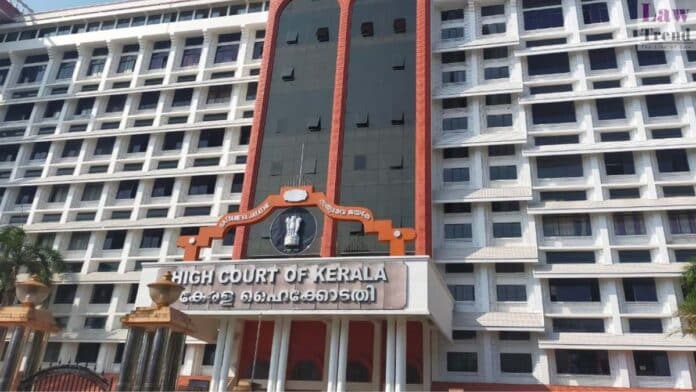In a significant development on Wednesday, the Kerala High Court directed the Central Bureau of Investigation (CBI) not to take any coercive action against the parents of two minor Dalit girls who were victims of rape and subsequently found dead in their home in Walayar, Palakkad, in 2017. Justice C Jayachandran also excused the parents from appearing in person at the special CBI court, where charges have been filed against them. The matter has been scheduled for further hearing on May 19.
The tragic case involves two sisters, aged 13 and nine, who were found hanging in their one-room house within a span of 50 days during early 2017. Following their deaths, initial investigations led to the acquittal of five accused, which prompted public outcry and demands for a more thorough investigation. The CBI took over the case, concluding that the girls committed suicide due to the trauma of sustained harassment.
However, in a recent turn of events, the parents of the victims have been accused by the CBI of various offenses, including abetment to rape and unnatural offences under the Indian Penal Code (IPC) and the Protection of Children from Sexual Offences (POCSO) Act, among others. The chargesheets accuse them of perpetuating the environment that led to the girls’ deaths.
Reacting to these charges, the parents, through their advocate P V Jeevesh, filed a petition seeking the quashing of the chargesheets. They argue that the accusations are baseless, relying on unreliable witness statements, and fail to logically establish their involvement in the alleged crimes. The petition also questions the investigative focus, suggesting that the deaths might involve a homicidal element not adequately explored by the authorities.
The petition further criticizes the handling of related deaths of certain accused and suspects in the case, accusing the CBI of attempting to conclude the matter merely as a case of suicide without sufficient exploration of all facts and angles.
The High Court’s decision to withhold coercive action provides temporary relief to the grieving parents, allowing them legal recourse to contest the charges filed against them. This case has drawn significant attention due to the gravity of the allegations and the implications regarding the treatment of Dalit communities within the legal system.




